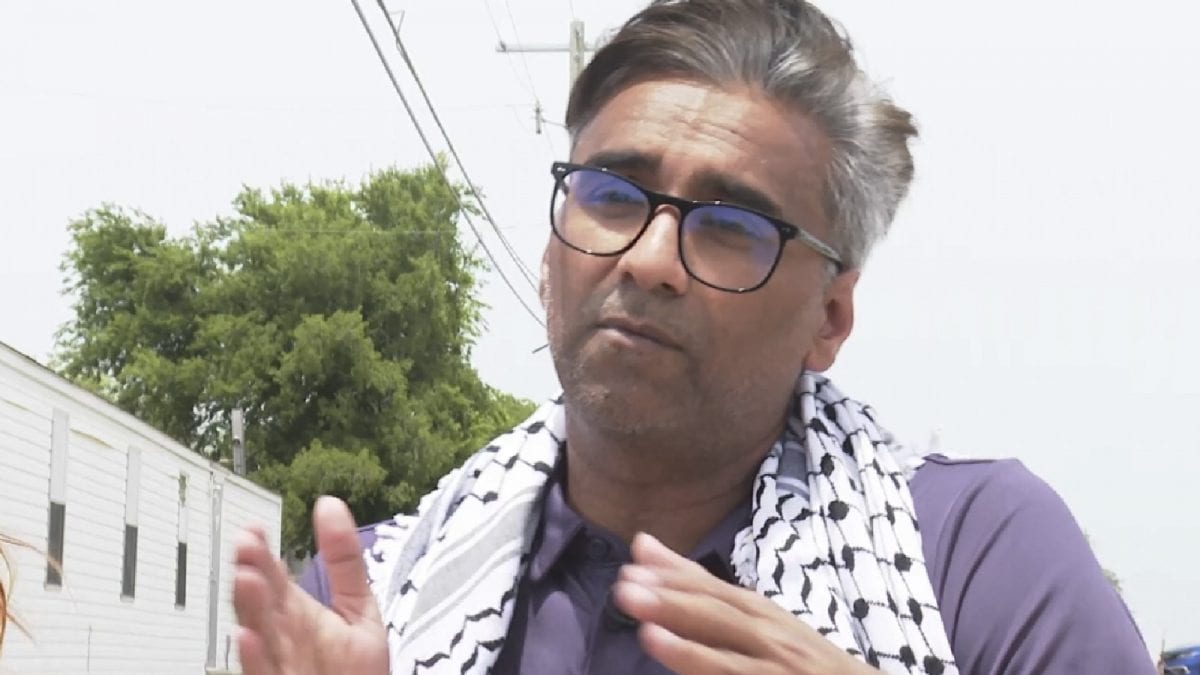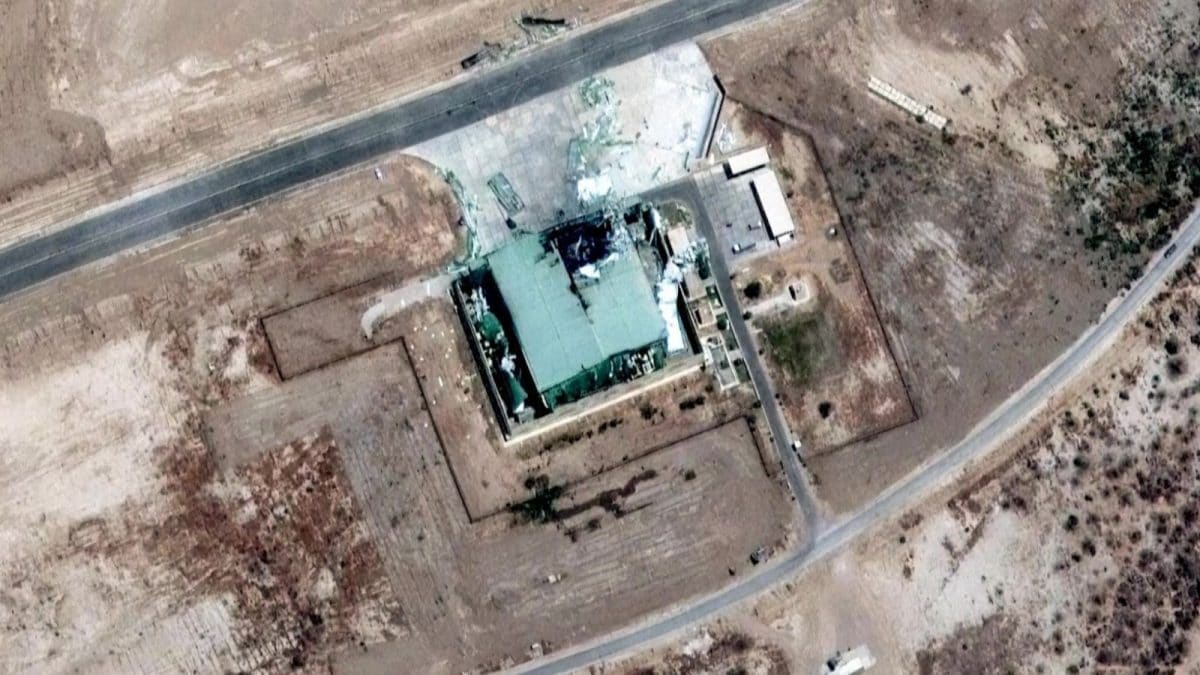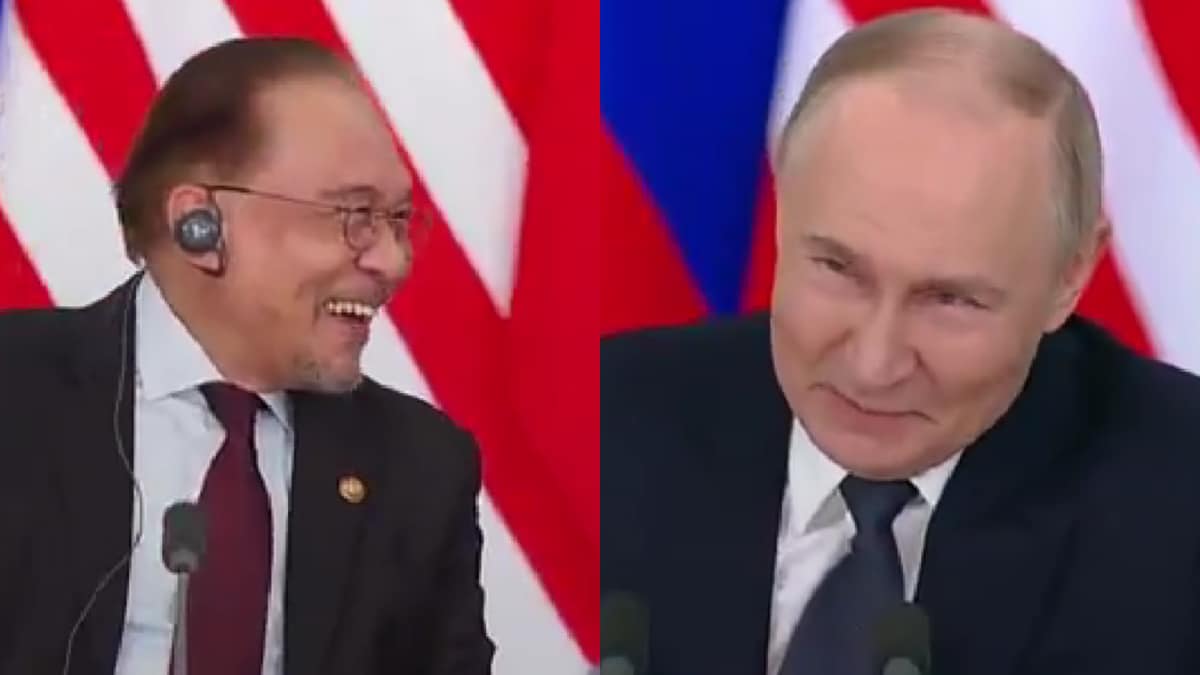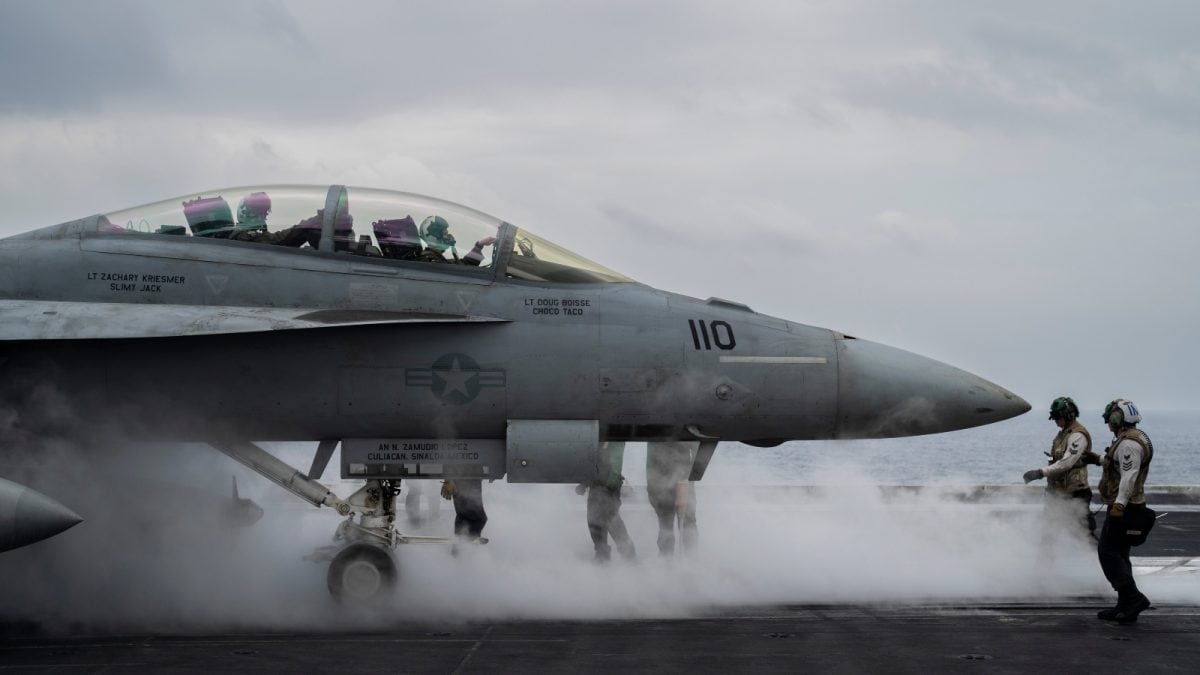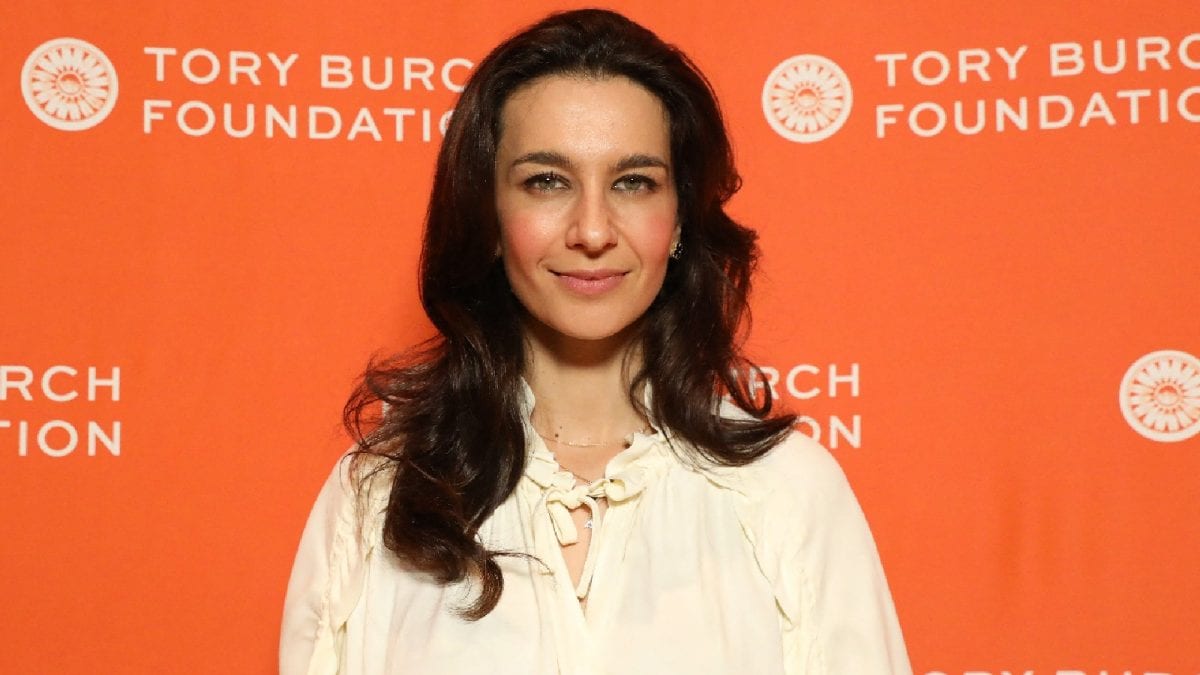Last Updated:May 16, 2025, 01:07 IST
India's technical team will shortly sit down with the UNSC's 1267 Sanctions Committee, with a dossier connecting TRF directly to the Pahalgam attack and Pakistan's terror ecosystem

India's fresh push in the UNSC for sanctioning TRF following the Pahalgam attack represents a key test of the international community's commitment against terrorism. File pic/AP
India is ramping up its diplomatic drive at the United Nations Security Council (UNSC) to formally declare The Resistance Front (TRF)—a Lashkar-e-Taiba (LeT) proxy—a terrorist group under the 1267 Sanctions Committee, after the Pahalgam attack of April 22, which took 26 civilians’ lives. It is an extension of India’s overall endeavour to lay bare Pakistan’s terror sponsorship and to call out those accountable for cross-border terrorism.
India’s technical team will shortly sit down with the UNSC’s 1267 Sanctions Committee, submitting a dossier that includes intelligence, digital forensics, and investigative reports connecting TRF directly to the Pahalgam attack and Pakistan’s terror ecosystem. TRF, which came into existence after the revocation of Article 370 in Jammu & Kashmir in 2019, is well known as an offshoot of LeT. It has been involved in planning attacks, recruiting operatives, and arms smuggling, with Indian investigations tracking its operations and communications to handlers based in Pakistan.
Even though TRF had twice claimed responsibility for the Pahalgam attack, Pakistan, which is a current non-permanent UNSC member, has actively protected the group at the UN, successfully lobbying to have TRF’s name dropped from official UNSC statements condemning the attack.
Diplomatic challenges: China and Pakistan’s opposition
India’s actions at the UN are strongly opposed by diplomatic headwinds:
China’s role: As a UNSC permanent member (P5), China has, time and again, employed its veto, as well as procedural mechanisms—like “technical holds"—to stop or slow the listing of Pakistan-based terror actors and outfits, frequently without offering substantive explanations.
Pakistan’s strategy: Pakistan, as a non-permanent UNSC member, has lobbied to delete mentions of TRF from UN documents and is likely to resist India’s latest move to sanction the group.
China’s history of blocking sanctions against terrorists

China’s official explanation is usually the requirement of “more time to study" proposals, but such holds can drag on for months and are often translated into de facto permanent blocks, killing the proposals.
Such a practice has eroded the credibility of the UN sanctions regime and is commonly perceived as a diplomatic cover for Pakistan’s interests.
India’s diplomatic strategy and the road ahead
Providing strong, actionable evidence to the 1267 Sanctions Committee and its monitoring team, including digital forensics and intelligence connecting TRF to attacks and to Pakistan. Working with partner countries and the UN Office of Counter-Terrorism to develop a consensus for TRF’s designation as a terrorist organisation. Publicly exposing the double standards and procedural abuses at the UNSC, particularly by China, to mobilise international support for reforming the sanctions process and holding people accountable.
India aims to obtain universal sanctions against TRF, its leaders, sponsors, and related organisations, establishing an international benchmark for action against terror surrogates and their state sponsors.
India’s fresh push in the UNSC for sanctioning TRF following the Pahalgam attack represents a key test of the international community’s commitment against terrorism. However, entrenched geopolitical interests—most notably the China-Pakistan axis—remain a powerful barrier to cross. India will have to use its diplomatic clout and global alliances to thwart such obstacles and prevent the UN’s counter-terror mechanisms from being subverted by selective politics.
Location : First Published:News world Why India's Bid To Get TRF Tagged As 'Terror Group' By UNSC Has Deep Ramifications For Pakistan

 3 hours ago
3 hours ago






